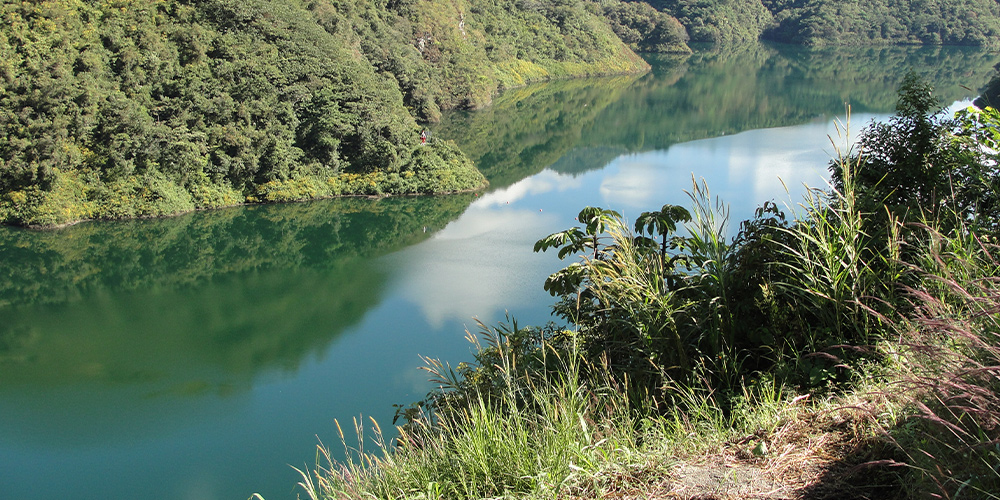This new inclusivity campaign looks to expand the range of options for visitors with disabilities
As one of the world’s definitive tourist destinations, Costa Rica has not only made active efforts to improve its infrastructure in terms of amenities but also with regard to accessibility and inclusivity. The latest example comes with a new initiative from the Costa Rican Tourism Institute (ICT).
The initiative is a collaborative effort with Wheel The World, a renowned operator specializing in providing accessible travel experiences for individuals with disabilities. The main goal is to encourage tourists with disabilities, particularly those using wheelchairs, to explore the country and all its natural wonders.

ICT has emphasized the significance of promoting this kind of tourism on a national level, acknowledging the importance of making Costa Rica’s stunning destinations accessible to all, and highlighting the country’s commitment to inclusivity and diversity.
This campaign recently kicked off with an exploratory journey, aiming to showcase the remarkable progress in accessibility that Costa Rica has made. A group of tourists and influencers using wheelchairs had the privilege of experiencing firsthand the improved accessibility in various destinations. These travelers set out to explore enchanting places like San José, the breathtaking Volcán Poás, the artisan town of Sarchí, and the natural wonder of La Fortuna, among others.
The partnership with Wheel The World signifies a major step forward in Costa Rica’s commitment to welcoming tourists of all abilities. The experiences shared by these visitors promise to be a source of inspiration for others with disabilities who dream of exploring the diverse landscapes, rich culture, and vibrant biodiversity that Costa Rica has to offer.
The campaign benefits the tourism industry and the nation as a whole, as it showcases the country as an open and welcoming destination for travelers. This effort is a testament to the country’s mission to be one of the stewards and leading examples of progressive tourism, merging sustainability, accessibility, and conservation. Increasing the appeal for everyone to visit this magnificent tropical paradise.



